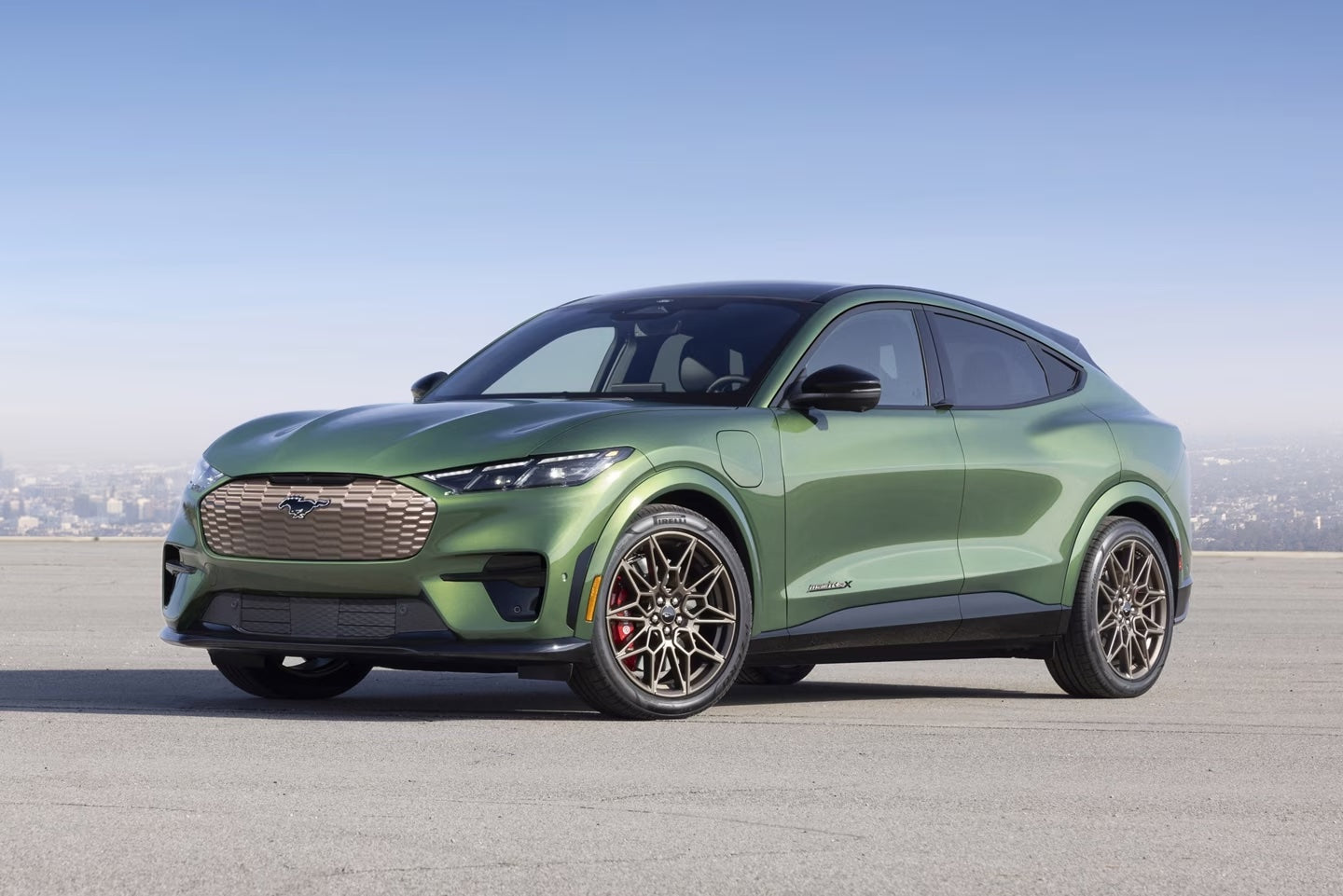Ford CEO Jim Farley has repeatedly traveled to China this year to closely examine the country's electric vehicle (EV) manufacturers, who now dominate approximately 70% of the global EV production.
Speaking at the Aspen Ideas Festival, Farley described his observations as “the most humbling thing I’ve ever seen.” He highlighted that Chinese EVs excel in technological integration, with features such as automatic phone pairing, AI companions comparable to ChatGPT managing navigation and entertainment, and facial recognition systems that personalize media settings based on the occupant’s seat.
Farley emphasized, “Their cost and the quality of their vehicles are far superior to what I see in the West. We are in a global competition with China, and it’s not just about EVs.”
China’s manufacturing advantage stems from significant overcapacity — with a domestic demand of 20 million units but manufacturing capacity of 40 million units — enabling large-scale exports without further plant expansions. This industrial scale benefits from government support unavailable to American automakers.
The reliance on Chinese suppliers has presented challenges for Ford. Recently, production was halted for three weeks due to a shortage of high-power magnets used in components like speakers and seat motors. “We cannot get any high power magnets without China,” Farley noted.
In response, Farley established a dedicated Skunkworks facility in Southern California three years ago, separated from Ford’s main operations. The team, including former Tesla engineer Alan Clarke, aims to develop a highly affordable EV — referred to as the “Model T of EVs.”
Drawing inspiration from Henry Ford’s approach to democratizing the V8 engine in 1932, the team experiments with multiple design versions independently before integrating successful innovations into mass production.
Farley critiqued the current affordable EV market in the U.S., stating, “There aren’t that many here. There are actually really none. And the ones that are here are kind of compliance vehicles designed to generate EV credits for selling trucks.”
Ultimately, Ford’s effort to produce affordable EVs will require assimilating lessons from global competitors and enhancing domestic manufacturing capabilities to compete effectively on cost and quality.
Recommend Reading: Ford’s 2027 EV Strategy: Matching China on Cost, Betting on Washington








Share:
Why Now Might Be the Smartest Time to Buy a Used EV
Tesla Leaves HW3 Owners in Limbo After Abandoning Full Self-Driving Support